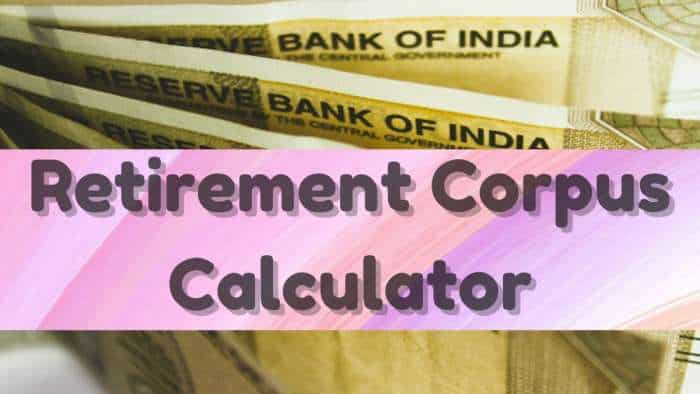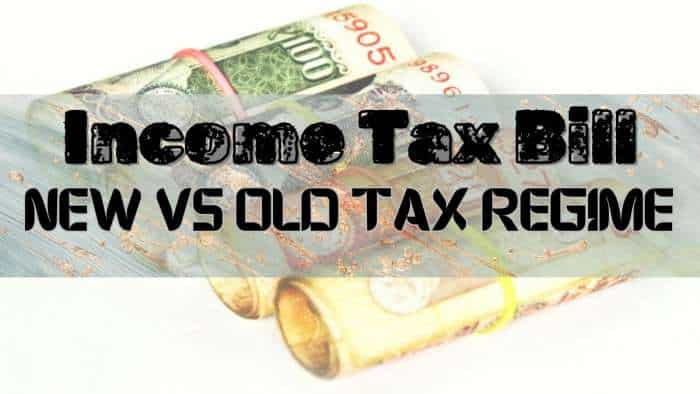NPS, SSY, EPF, Mutual Fund: 7 investment options for women that may give them financial freedom
Some of the schemes where women can invest are National Pension System (NPS), Mahila Samman Savings Certificate (MSCC), Fixed Deposits (FDs), Sukanya Samriddhi Yojana (SSY), Mutual Funds, Public Provident Fund (PPF), etc.
)
In an era when we are talking about women's empowerment and making them independent in all spheres of life, their finances can't be left apart. They need financial empowerment, or financial freedom, at an early age. This financial freedom can help them get money for their needs, such as marriage or education, building a retirement corpus, self care, or children's education. To achieve those goals, women have a number of options, where, directly or through their parents or guardians, they can invest in many schemes.
Some of the schemes where women can invest are National Pension System (NPS), Mahila Samman Savings Certificate (MSCC), Fixed Deposits (FDs), Sukanya Samriddhi Yojana (SSY), Mutual Funds, Public Provident Fund (PPF), etc. In this write-up, we will take you through seven of these schemes where women can invest their money.
Sukanya Samriddhi Yojana (SSY)
This scheme is run by post office. The central government scheme is focused on girl education and marriage.
A guardian can open an SSY account in the name of a girl child below 10 years of age.
The minimum amount for investment in the scheme is Rs 250, while the maximum is Rs 1.50 lakh a financial year.
The interest in the scheme is 8.2 per cent compounded and calculated yearly.
One can make investments in the scheme up to a maximum of 15 years.
The girl gets the maturity amount at the time of marriage (but not before 18 years of age), or at 21, whichever comes early.
National Pension Scheme/System
Women seeking a retirement investment option can open their account in NPS.
Government employees as well as private sector employees can contribute to NPS.
The scheme is market-linked, where one can select funds and the fund manager according to their choice.
The scheme matures at age 60. A woman NPS accountholder can withdraw up to 60 per cent of the fund, and the remaining 40 per cent annuities can help them get a monthly pension.
Deposits of up to Rs 1.50 lakh in a financial year in the scheme give tax relaxation under Section 80 CCD (1) of the Income Tax Act, 1961.
Tier-I NPS account holders get a Rs 50,000 extra tax benefit under sub-section 80CCD (1B).
Mutual Fund
The mutual fund investment option is open to all.
A woman can invest in mutual funds through a lump sum or systematic investment plan (SIP).
Many of the equity and hybrid mutual funds have given handsome returns in the recent past.
The investments also provide compound growth, so if one invests in them for a long time, their money is likely to grow faster.
Mutual fund investments can also help women fulfil their short-, mid-, and long-term financial requirements.
It can also help them build a large retirement corpus.
EPF
Employees' Providend Fund (EPF) is also a time-tested retirement scheme for crores of Indian employees.
Working women can benefit from this scheme by contributing a monthly amount to their EPF account.
One can contribute up to a maximum of 12 per cent of their basic salary to this scheme.
Employers also contribute an equal amount to the fund.
While one gets a lump sum at retirement, they also get a monthly pension post-retirement.
EPF is one of the few categories that falls under the exempt-exempt (EEE) category, which means deposits, interest earned, and the maturity amount are tax-free.
Mahila Samman Savings Certificate
This is also a woman-centric post office scheme where a woman can open an account.
The minimum one-time investment amount in the scheme is Rs 1,000, while the maximum is Rs two lakh.
The post office provides 7.5 per cent interest per year in the scheme.
The interest is compounded quarterly, credited into the account, and paid at the time of account closure.
The maturity of the scheme is two years from the date of opening the account.
Fixed deposits
Fixed deposit (FD) is a guaranteed return investment scheme offered by banks, non-banking finance companies (NBFCs), and the post office.
They offer FDs of different durations. The popular FDs have one-, three-, and five-year durations.
One can invest a lump sum amount and get a maturity amount,including interest, on completion of the FD.
However, investors also have the option to get interest monthly, quarterly, and half-yearly.
The five-year FD also enjoys the benefit of tax relxation, as despoists up to Rs 1.50 lakh in a financial year are tax-exempt.
Since, it is a guaranteed return scheme, women can invest in it to get steady returns.
Public Provident Fund
PPF is also a guaranteed return scheme available at banks and post offices.
One can invest a minimum of Rs 500 and a maximum of Rs 1,50,000 in a financial year.
The deposits can be made in lump sum or in instalments.
The scheme provides 7.1 per annum interest payable and compounded yearly.
Deposits in PPF also qualify for deductions of up to Rs 1.50 lakh in a financial year under Section 80C of the Income Tax Act.
Along with EPF, PPF also falls in the EEE category, where the deposits made and the maturity amount are also tax-free.
One completion of the scheme, one can also extent the scheme for further blocks of five years.
Women with long-term investment horizon can opt for PPF.
Get Latest Business News, Stock Market Updates and Videos; Check your tax outgo through Income Tax Calculator and save money through our Personal Finance coverage. Check Business Breaking News Live on Zee Business Twitter and Facebook. Subscribe on YouTube.
RECOMMENDED STORIES

New Tax Regime Slabs: Is your annual salary Rs 12,87,500? Do you need to pay tax on Rs 12,500 or Rs 12,87,500? See calculations to know

Retirement Planning: How one-time investment of Rs 10,00,000 can create Rs 3,00,00,000 retirement corpus

Income Tax Calculations: What will be your tax liability if your salary is Rs 8 lakh, Rs 14 lakh, Rs 20 lakh, and Rs 26 lakh?

Monthly Pension Calculations: Is your basic pension Rs 25,000, Rs 35,000, or Rs 50,000? Know what can be your total pension as per latest DR rates

Top 7 SBI Mutual Fund MFs by One-time Investment Return: Rs 1 lakh has grown to Rs 2.85 lakh-3.48 lakh in 5 years; see list, compare SIP returns

Dearness Allowance (DA) Calculations: Is your basic monthly salary Rs 25,500, Rs 35,400, or Rs 53,100? Know how much DA will you get at different rates
02:59 PM IST









 Data security is paramount to us; we invest in cutting-edge tech to keep customer data safe, says Kavitha Subramanian, Co-Founder, Upstox
Data security is paramount to us; we invest in cutting-edge tech to keep customer data safe, says Kavitha Subramanian, Co-Founder, Upstox